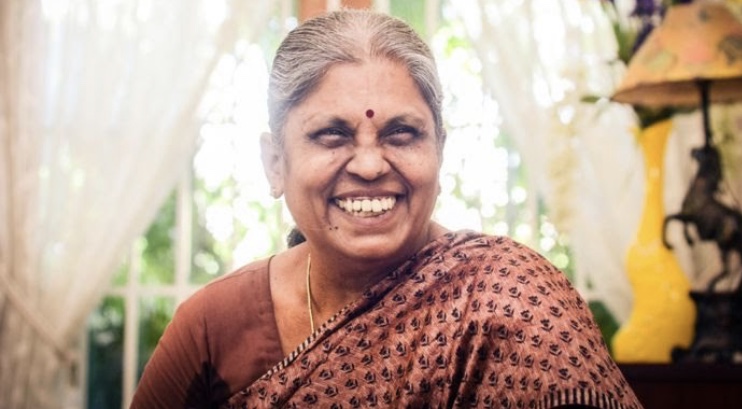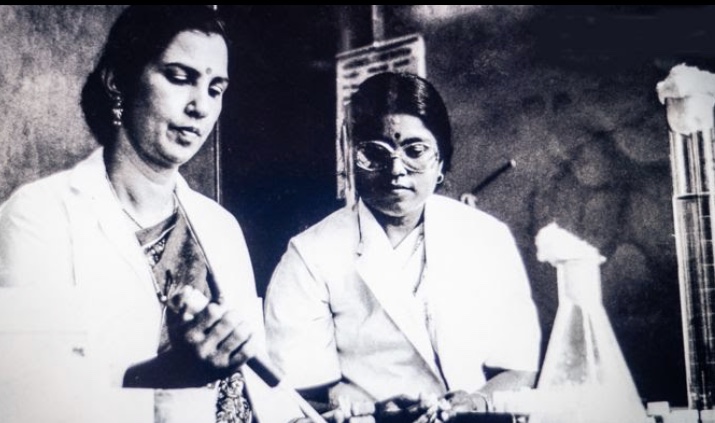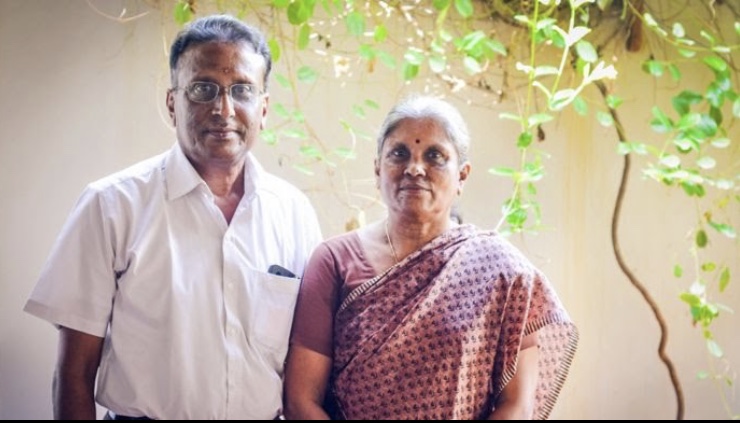Over the years I’ve written hundreds of articles for @BBCIndia and I’m going to repost some of my favourites here. This is the First from the #Archives I wrote it in 2016, it’s about Dr Sellappan Nirmala who discovered India’s first #HIV cases in 1986... 1/12
When it was first suggested she screen people for HIV/Aids, Dr Nirmala wasn& #39;t sure it was a good idea. It was at the end of 1985 and the 32-year-old microbiology student at the medical college in Chennai (Madras), was looking for a topic for her dissertation. 2/12
The idea came from her professor and mentor, Suniti Solomon. US had begun tracking Aids cases in 1982 and India didn& #39;t want to be caught napping if the disease reached India. But at the time, the idea of that happening was "unthinkable", says Dr Nirmala. 3/12
The press wrote that HIV was a disease of the "debauched West" where "free sex and homosexuality" were prevalent while Indians were heterosexual, monogamous and God-fearing. Some papers even said that by the time HIV reached India, Americans would have found a cure for it. 4/12
Dr Nirmala was reluctant. She told Dr Solomon she was pretty sure the result would be negative. But Dr Solomon persuaded her student to give it a shot and told Dr Nirmala to collect 200 blood samples from high-risk groups like sex workers, gay men and African students. 5/12
It was not an easy job - Dr Nirmala knew nothing about HIV or Aids. And she had no idea where to find her subjects - unlike Mumbai, Delhi and Calcutta which have well-known red-light districts, Chennai had no fixed address for sex workers. 6/12
It& #39;s a fascinating story how she found them but she did and every morning she& #39;d go hang out with them. She had been raised in a traditional family in a village, was married with two small children: "I was the nervous type, I spoke in Tamil, I wanted a peaceful quiet life." 7/12
She was encouraged by her husband Dr Veerappan Ramamoorthi who supported her every step of the way. Often, he drove her on his scooter - the couple were just starting out on their careers and didn& #39;t have any funds to spare and that way, she could save the bus fare. 8/12
In 3 months, she gathered 80+ samples w/o gloves or safety equipment. Dr Solomon created a small makeshift lab with equipment borrowed from her Dr husband and others and she and Nirmala separated the serum from the blood samples which Dr Nirmala stored in her home fridge. 9/12
In Feb 1986, Dr Nirmala and her husband put the samples in an ice-box, took an overnight train and then an auto-rickshaw to reach Christian Medical College in Vellore, 200km from Chennai, for Elisa testing of the samples. 10/12
CMC virology dept director Jacob T John asked junior colleagues P George Babu and Eric Simoes to help her. "We began testing at 8:30am. In the afternoon, there was a power cut so we took a tea break. When we returned, Dr Babu and I arrived at the lab first," she said. 11/12
"Dr Babu opened the lid, and quickly shut it. & #39;Don& #39;t play,& #39; he warned. But I& #39;d seen it, 6 of the samples had turned yellow. I was stunned. I& #39;d never expected anything like that," Dr Nirmala said. The rest as they say is history. For the full story: https://www.bbc.com/news/magazine-37183012">https://www.bbc.com/news/maga... 12/12

 Read on Twitter
Read on Twitter




